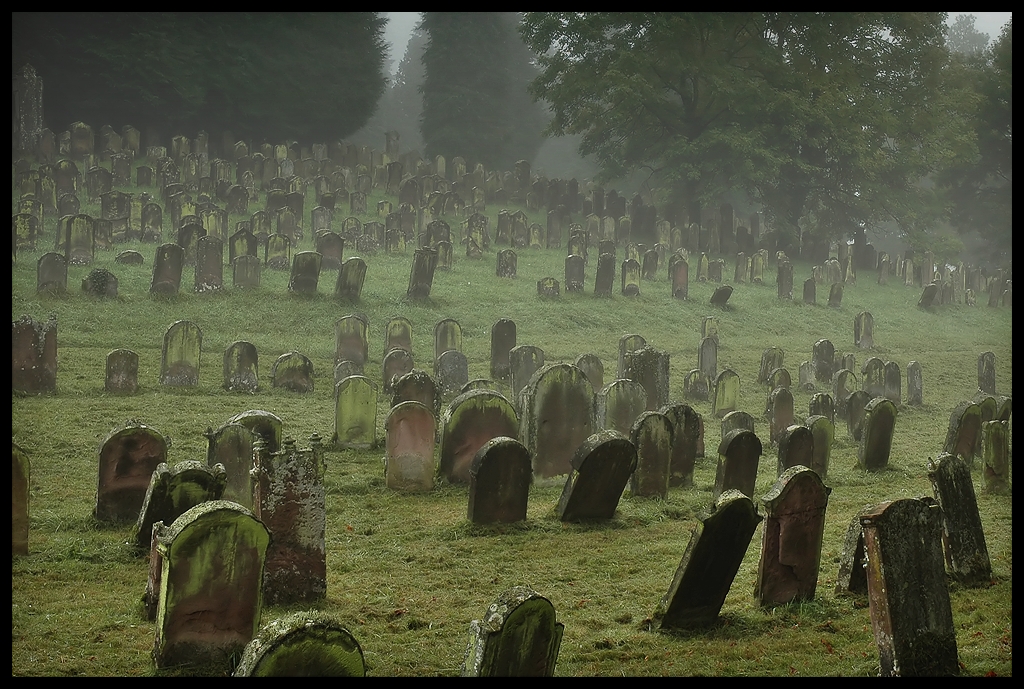
DEAD SOULS
From “histories of souls
The Wild Mouse
Where does one find the rim of Death?
Is there an exact point where the living
can reach out and touch small ghostly
souls who would flirt again with simple
mortality? We truly do not need to look
far for the inglorious, ubiquitous rim,
for it doubles as the arc on which
our very hearts revolve around
the universe of our own lives, although
not exactly an ellipse but more like a wild
mouse whose track contains great valleys
with steep hills just beyond capricious curves . . .
we carry it all within, this rim of Death,
but it’s difficult to hear the voices of
the dead who bravely flirt on and on . . .
on and on under the cacophony of us.
The Dead in Hammocks
It’s a matter of learning how to lounge
around correctly, occasionally
planting an obtuse comment,
one here, one there, into a favorite
carnal creature’s mind . . .
but care must be taken to avoid
being overt with such a comment,
for if one will play by the rules,
then certitude must be avoided
completely and resolutely . . .
for truth is only truth when it can
be perceived by various viewers
as their own distinct revelation,
and it is so difficult—the dead
complain about it all the time—
to get these obstinate poets
into the correct mental hammocks.
No Chaste Thoughts
The dead ones wanted to discuss
an obtuse topic, “Let’s talk about sex.”
But this subject has always,
at best, left me confused.
“There are no chaste thoughts,
only chaste words,” they point out,
“for everyone will seek a certain
indifference when enunciating sex,
while in their minds, great
ravishments are taking place.”
Again, where I might understand
the universal point of sex,
I still have this awkward feeling
that there are other, unseen,
compulsions at work upon our flesh.
The dead ones laugh and laugh.
“Come, come now, oh man of clay,
if you suspect us so, why not simply
become a celibate?” And can there be
anything more bothersome than
the laughter of the dead?
Mating
There is a whirling in my brain that always
speaks of ephemeral injections of silent,
unspeaking thoughts, fast but frail,
as though butterflies had mated
with hummingbirds . . .
the dead ones say this is possible,
as they whirl and peck, looking
for the soft spots of my soul where
one of their memories might be
injected . . .
” . . . so why would you wish
to know of death?” they cajole
a question as if it were a prank,
” . . . when you do so poorly at
the apprehension of life?”
I would think to answer this—
there are many, many answers,
you know—but the dead ones never
wait for a retort, as if they are often
saddened by their very own human nature.
Dancing in Front of the Glacier
If anything, the dead ones are quite
persistent, or maybe always keen,
to arrive at something succinct—
the word, the precise phrase, the cajoling—
that will produce the correct apprehending.
“If you would just consider
a dance of players,” the dead
ones illustrate, “say, at the base
of a glacier, a ballet of exquisite
limbs, with purity of flesh raised
in an art of physics; see them
play, watch them perform, tapity tap,
and then remove all the bodies
from this scene . . .
what is left in front of the glacier
is us.”
But who can buy such pleasantries?
As if so much importance must be
placed on actually seeing the dead ones . . .
such ingratitude disquiets
them greatly.
As Though
These slight, wispy conversations
with the dead ones are laced with
great perils of the metaphor for
they will go to any length to avoid
the succinct thought unless they are
certain you will interpret the succinct
as metaphor. “You are correct,”
the dead ones smile.
This will not do, will not go through
the layers necessary for communion,
but what else can you ascertain as
they flit and fall all the while calling
out to you as if you offered a salvation
not found on the other side of breath?
“You take yourself far too seriously,”
come the dead ones, calling, calling,
“It is your skin we want most.”
Book of the Dead
These poems do not go, you know,
through the spaces they were meant,
do not flow into the looks askance
or foliate into proper poundings . . .
they do not, do not do so, you know, but
all the while they mark and notate, notch
and draw, hoping to catch the notice of a god
while my soul can scurry unobserved to
somewhere I cannot seem to imagine.
The Egyptian Book of the Dead was a compilation of various charms and incantations meant to convince or trick the gods into allowing the soul to enter paradise.

